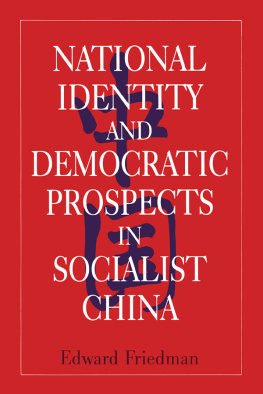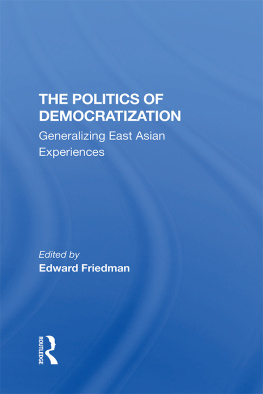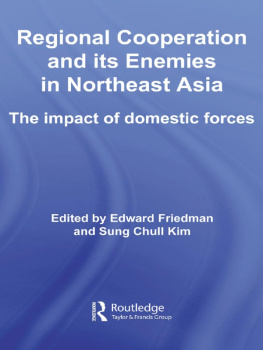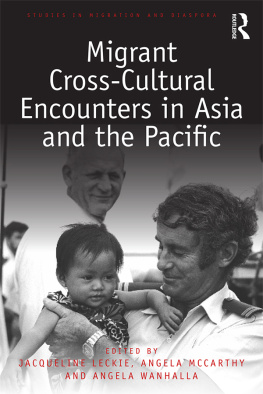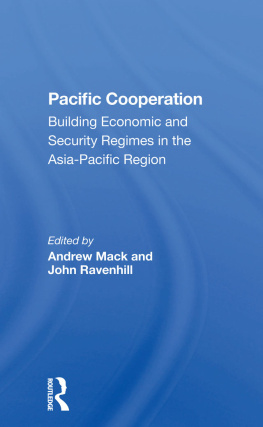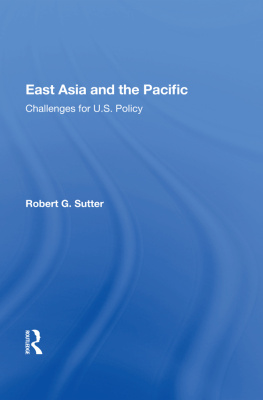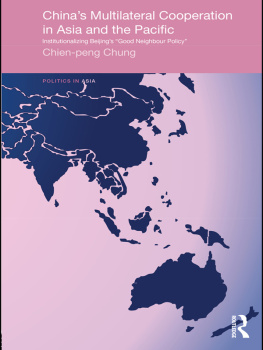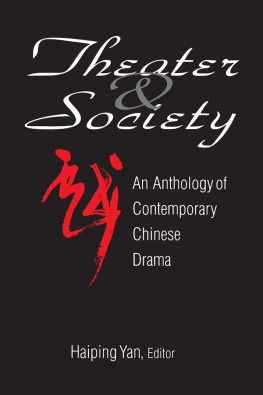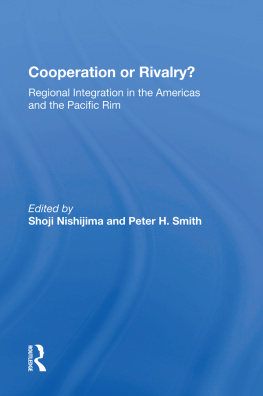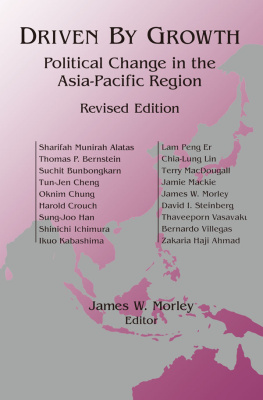
WHAT IF CHINA DOESNT DEMOCRATIZE?
ASIA AND THE PACIFIC
Series Editor: Mark Selden, Binghamton University
Exploring one of the most dynamic and contested regions of the world, this series includes contributions on political, economic, cultural, and social changes in modern and contemporary Asia and the Pacific.
ASIAS ENVIRONMENTAL MOVEMENTS
Comparative Perspectives
Yok-shiu F. Lee and Alvin Y. So, editors
CENSORING HISTORY
Citizenship and Memory in Japan, Germany, and the United States
Laura Hein and Mark Selden, editors
CHINAS RETREAT FROM EQUALITY
Income Distribution and Economic Transition
Carl Riskin, Zhao Renwei, and Li Shih, editors
CHINAS WORKERS UNDER ASSAULT
Anita Chan
THE CONTENTIOUS CHINESE
Elizabeth J. Perry
THE POLITICAL ECONOMY OF UNEVEN DEVELOPMENT
The Case of China
Shaoguang Wang and Angang Hu
THEATER AND SOCIETY
An Anthology of Contemporary Chinese Drama
Haiping Yan, editor
WHAT IF CHINA DOESNT DEMOCRATIZE?
Implications for War and Peace
Edward Friedman and Barrett L. McCormick, editors
WOMEN IN REPUBLICAN CHINA
A Sourcebook
Hua R. Lan and Vanessa L. Fong, editors
WHAT IF CHINA DOESNT DEMOCRATIZE?
IMPLICATIONS FOR WAR AND PEACE
EDWARD FRIEDMAN
AND
BARRETT L. MCCORMICK
EDITORS
An East Gate Book
First published 2000 by M.E. Sharpe
Published 2015 by Routledge
2 Park Square, Milton Park, Abingdon, Oxon OX14 4RN
711 Third Avenue, New York, NY, 10017, USA
Routledge is an imprint of the Taylor & Francis Group, an informa business
Copyright 2000, Taylor & Francis. All rights reserved.
No part of this book may be reprinted or reproduced or utilised in any form or by any electronic, mechanical, or other means, now known or hereafter invented, including photocopying and recording, or in any information storage or retrieval system, without permission in writing from the publishers.
Notices
No responsibility is assumed by the publisher for any injury and/or damage to persons or property as a matter of products liability, negligence or otherwise, or from any use of operation of any methods, products, instructions or ideas contained in the material herein.
Practitioners and researchers must always rely on their own experience and knowledge in evaluating and using any information, methods, compounds, or experiments described herein. In using such information or methods they should be mindful of their own safety and the safety of others, including parties for whom they have a professional responsibility.
Product or corporate names may be trademarks or registered trademarks, and are used only for identification and explanation without intent to infringe.
Library of Congress Cataloging-in-Publication Data
What if China doesnt democratize : implications for war and peace / edited by Edward Friedman and Barrett L. McCormick.
p. cm. (Asia and the Pacific)
An East gate book.
Includes bibliographical references and index.
ISBN 0-7656-0567-8 (cloth : alk. paper) ISBN 0-7656-0568-6 (pbk. : alk. paper)
1. DemocratizationChina. 2. ChinaPolitics and government1976- 3. ChinaForeign relations1976- I. Friedman, Edward, 1937- II. McCormick, Barrett L. III. Asia and the Pacific (Armonk, N.Y.)
JQ1516. W47 2000
320.951dc21
00-020162
ISBN 13: 9780765605689 (pbk)
ISBN 13: 9780765605672 (hbk)
For
Leslie Spencer-Herrera
and
Susan Stanford Friedman
Contents
Andrew J. Nathan
Barrett L. McCormick
Suisheng Zhao
Jianwei Wang
Minxin Pei 14
Edward Friedman
Samuel S. Kim
June Teufel Dreyer
David Bachman
Edward Friedman
Harvey Nelsen
Su Shaozhi and Michael J. Sullivan
Barrett L. McCormick
Barrett L. McCormick
Preface
Andrew J. Nathan
If debate over major national issues is a good thing, then this has been a good couple of years for U.S.-China policy. In 1997, while the Clinton administration was struggling to define a way of dealing with China that could command broad public support, Richard Bernstein and Ross H. Munro energized the debate with their book The Coming Conflict with China. This became the classic statement of China threat theory and elicited several responses, now including this volume.
The context of the debate was the publics distaste for business as usual with China after the Tiananmen Incident of 1989. The Beijing massacre of June 34 destroyed the favorable image Deng Xiaopings regime enjoyed among the American people and raised the question whether virtually any form of normal state-to-state relations with China might help nurture an enemy instead of a friend. Chinas economy continued to flourish, especially after Dengs southern tour of 1992 accelerated the open-door policies seeking foreign investment and foreign markets.
Worry grew around the edges of postCold War American triumphalism that the rise of China meant trouble for the American-centered world order in the twenty-first century. The Bernstein and Munro volume envisioned U.S.-China conflict possibly breaking out over Taiwan, or a Chinese challenge to the American-guaranteed stability of the region surrounding the South China Sea. Some contributors to the present volume see special danger in a possible conflict between China and Japan. My own 1997 book coauthored with Robert S. Ross, The Great Wall and the Empty Fortress: Chinas Search for Security, suggested that the vulnerability of Chinas geopolitical position and its limited military and political means would prevent China from threatening American interests in the foreseeable future, unless the two sides pushed one another into hostile postures by unwise policies.
The issue has usually been construed as whether the United States should engage with China or contain it. The contributors to the present symposium offer a more complicated sense of the alternatives. Two premises underlie their approach. First, the future is not foreordained by mechanistic forces of history, but is open to be made by Americans and Chineseand by Japanese and othersfor this volume sees a greater role for Japan in the regional security equation than many others do. And second, foreign policy is not just a matter of national interests which objectively clash or overlap, or of a chessboard of global strategies which can be clever or flawed. Rather, peace and war are also the outcome of political processes within nations, which determine both how national interests are defined (and hence, what they actually are) and by what means they are to be pursued.


